A Series 7 study strategy that works is crucial. How we, at Professional Exam Tutoring, define a study strategy that works is one that consistently increases practice scores up to the day you take the final exam. In today’s post, we review this strategy.
Series 7 Study Strategy: Mind the Gaps
When it comes to study strategy for this exam, the first thing we recommend is getting the right material. In other posts, we’ve mentioned that Kaplan in our experience is by far the best study material for the Series 7 exam. We still hold by this view.
Their textbook is excellent, and their practice questions offer the most accurate representation of the types of questions one may see on the exam, in our view.
As a first step to working with someone, we always recommend they start with a full practice exam. The idea is to see where their strengths and their weaknesses lie.
In our experience, most people start out with Series 7 practice exam scores in the 40-50% range. This very natural starting point is usually disappointing and takes some time to transcend.
Using Kaplan’s “Performance Tracker” tool, you’ll find your knowledge gaps, and can take the first step to closing them.
What Works
Kaplan‘s performance tracker is an excellent tool within their QBank. It allows you to not only see what specific sections you may have issues with, but the subsections that need the most work as well.
This is extremely useful, because then you can go into Kaplan’s QBank and create custom quizzes in areas where your score is low, but the concentration of questions is high.
Kaplan does an excellent job of weighting the most important sections.
Once you have an idea of the areas that need work, work on those subsections in 15 question sets at a time over a period of two or three days. Then, we recommend taking another full practice exam. Evaluate the performance tracker for your most recent practice exam and then follow up with specific practice questions on just the area where you are weakest from your most recent exam.
Repeat this method and you can guarantee that your scores will come up.
Overall, it’s not a method that guarantees a pass, but it definitely helps the large majority of students increase their scores. In fact, we’ve never seen a student whose practice scores go down after implementing this approach. For more tips, or more help, please feel free to reach out. Good luck, studying!
